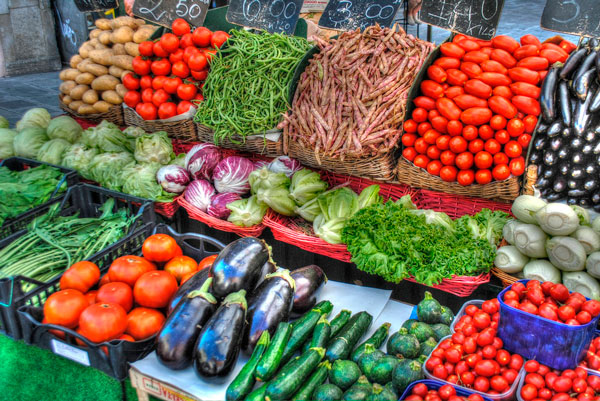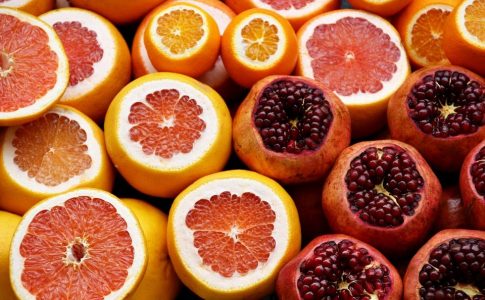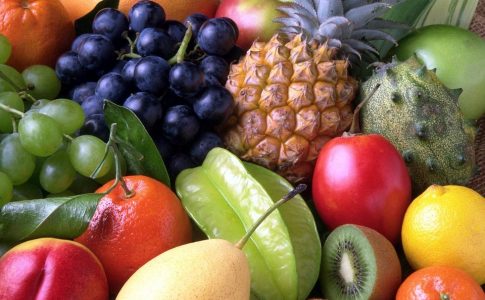Do you take notice of what you eat during each season? Paying attention to the seasonal vegetables that you eat could be more beneficial to your health because generally, if we consume the products that are harvested in those specific months, they are fresher and they conserve all of their vitamins and minerals.
For example, vegetables specific to summer are some of the nation’s favourite vegetables and are ideal for the summer months as they have a high water and fibre content which is ideal to beat the heat and dehydration of the hottest months of the year.
Aubergine
Also know as an eggplants, aubergines are known for their excellent fibre content along with several phytonutrients that play an important role in antioxidant activity. Aubergines are high in fibre and low in fat and therefore are a great vegetable for those managing type 2 diabetes or who have weight goals.
Aubergines are rich in antioxidants, specifically one called nasunin found in the skin. This antioxidant gives it its purple colour. Nasunin has been found to protect the lipids in brain cell membranes. An odd looking vegetable but full of properties and health benefits to ensure a healthy lifestyle. Make sure you head down to the supermarket to pick up one of these summer vegetables.
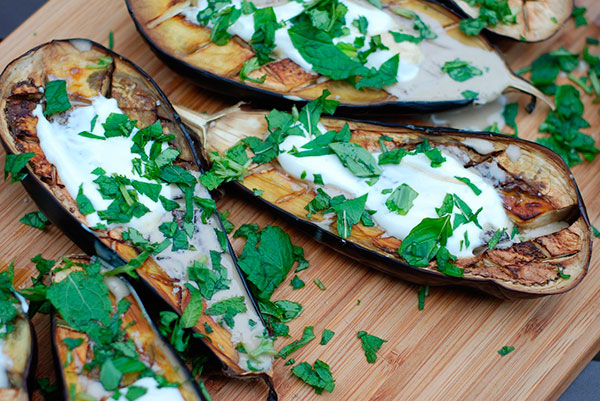
Cucumbers
A member of the squash family, cucumber’s high water content makes it a refreshing and hydrating addition to your summer recipes. Comprised mostly of water, cucumber is also a good source of vitamin C, which is important for connective tissue health and skin health. In addition, the cucumber skin is a great source of fibre, potassium and magnesium.
When selecting a cucumber, look for slender cucumbers which signifies a young cucumber along with dark green, firm skins. Cucumbers can be added raw to salads, sandwiches, soups or dips. Make sure you pick up this healthy veg to stay refreshed and hydrated throughout the summer months.
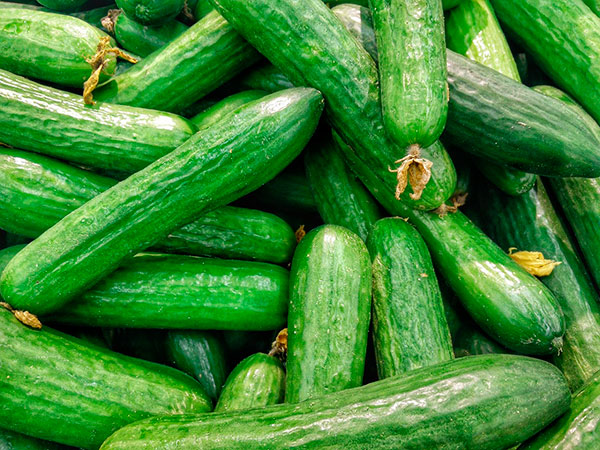
Carrot
We have all heard the saying when we were younger ‘you’ll see in the dark if you eat your carrots’ and there is some truth in this little bribe. Carrots are rich in beta-carotene which helps maintain good eye vision. This substance also acts as an antioxidant against cell damage which in turn will help slow down the ageing process. Carrots are one of the vegetables with the most vitamin A which is beneficial for skin health and protects from sun damage.
Carrots also contain fibre which helps to manage cholesterol levels because the soluble fibre in carrots bind with bile acids. Carrots are a versatile vegetable, you can eat them raw as a snack, you can add them into salads or cook them as part of a main meal. They are very easy to prepare and you can easily use them to replace the shortage of vitamins and minerals.
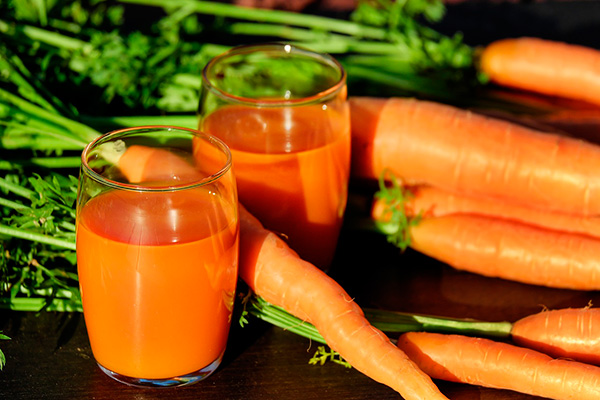
Mushrooms
There are many different types of mushrooms which are available year round. However summer is the season for chanterelles and porcinis varieties. With a low sodium and fat content and high levels of fibre, mushrooms are an excellent way to add bulk to a meal without dramatically changing the nutrition content of foods.
When shopping for mushrooms, they should be dry and firm. Mushrooms will generally keep for several days if stored in a paper bag in a refrigerator. Mushrooms are the perfect snack to be eaten raw, you can add them to salads, and they can also be grilled to add as a side dish in any number of dishes. A very versatile vegetable full of vitamins and minerals, perfect for a healthy balanced diet.

